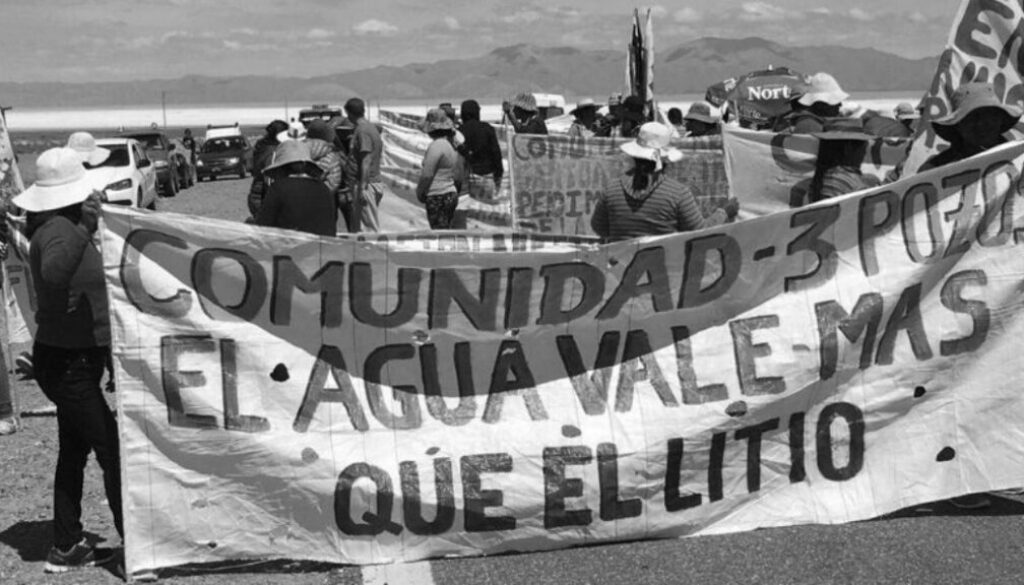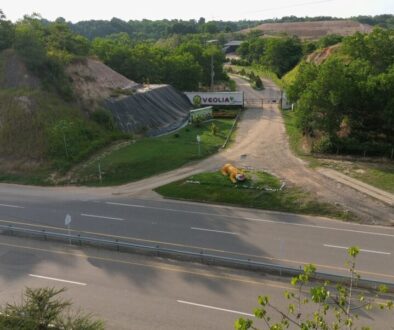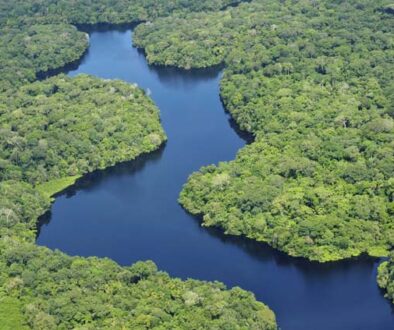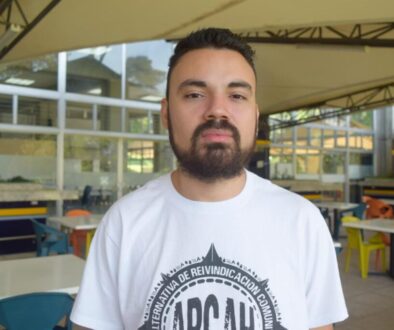Lithium and human rights in Argentina, Bolivia and Chile
The bulletin recently published by the project ‘Impacts of lithium development on indigenous territories in Argentina, Bolivia and Chile’ is a quarterly space for information and analysis of the main developments in this area, reflecting the voices of communities, social organisations and academia. This bulletin is a fundamental platform for understanding the impacts of the growing development of the lithium industry in the Andean region, and how it affects the rights of the indigenous peoples who inhabit these territories.
Through a collaboration between the Observatorio Ciudadano from Chile, the Centro de Estudios Legales y Sociales (CELS) from Argentina, and CIDES UMSA from Bolivia, with the support of the International Development Research Centre (IDRC), the project aims to make visible the human rights violations and environmental impacts caused by the exploitation of lithium in these three countries. The bulletin seeks to provide accurate and up-to-date information, and at the same time generate a space for reflection and proposals for the defence of the rights of the affected communities.
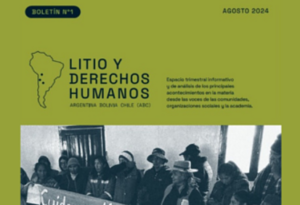
This first edition addresses the central issue of the intensive use of water resources in areas where indigenous communities, such as the Aymara, Quechua and Atacama, have historically depended on water for their agro-pastoral activities. However, the exploitation of lithium has led to a decrease in this resource, endangering the sustainability of these fragile ecosystems. The bulletin also denounces the lack of effective implementation of free, prior and informed consultation mechanisms, violating rights enshrined in international treaties such as ILO Convention 169.
Among the project’s advances, the bulletin highlights the first working meeting held in Buenos Aires in April 2024. This brought together research teams from the three countries and IDRC representatives, who discussed the geopolitical, social and environmental implications of lithium development. It also highlighted partnerships with indigenous communities to strengthen their capacities and ensure their participation in decision-making processes, with a gender and intercultural approach.
To read more about the bulletin, you can download it here


